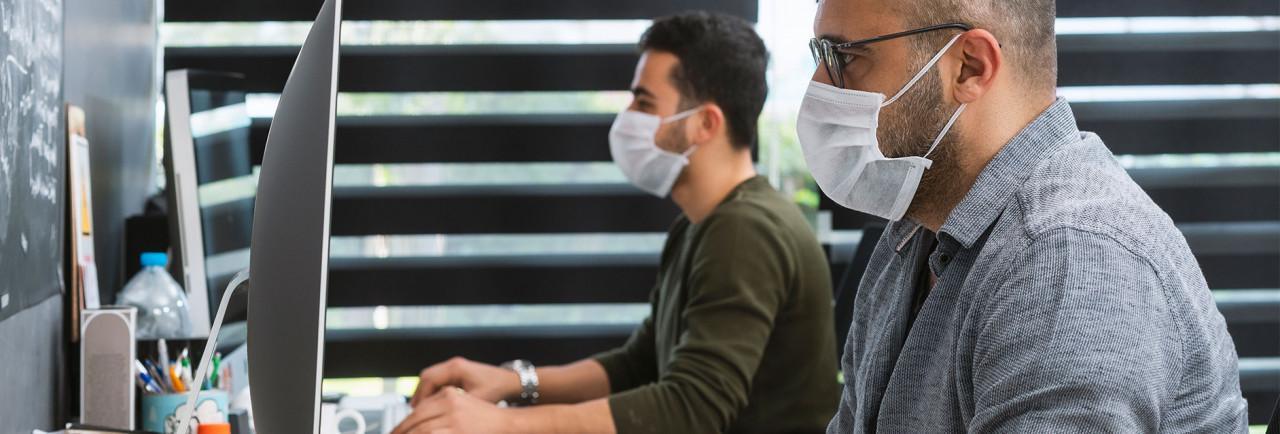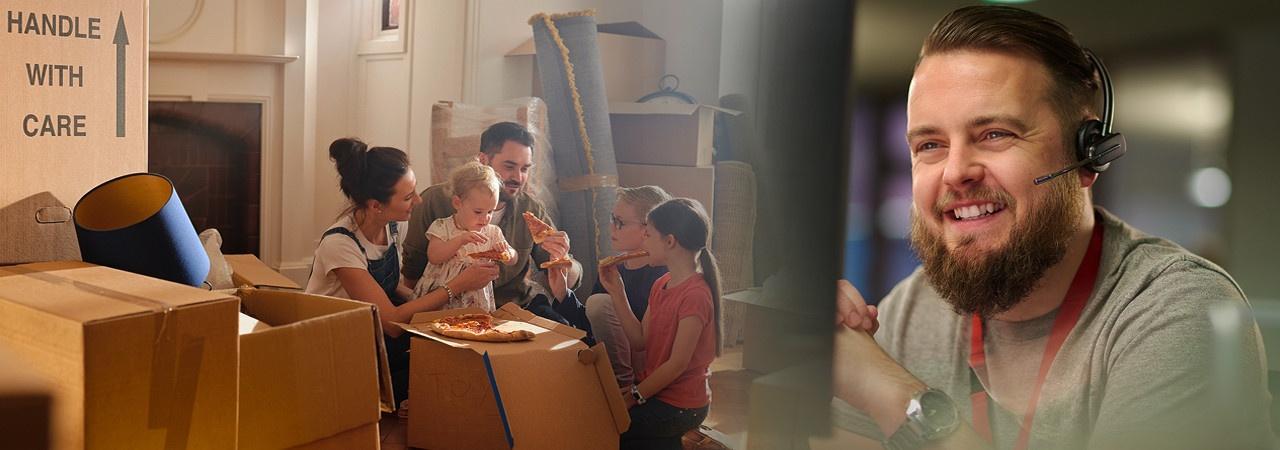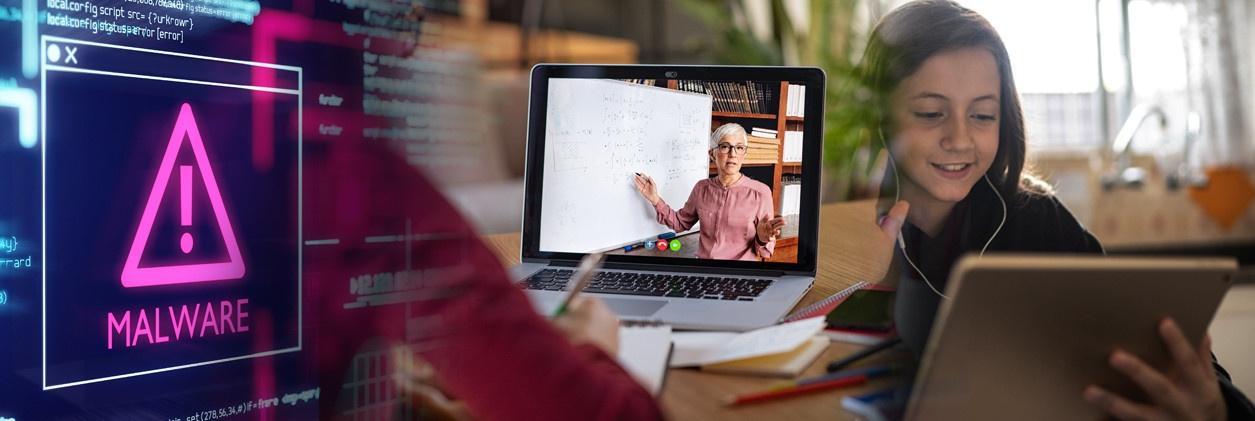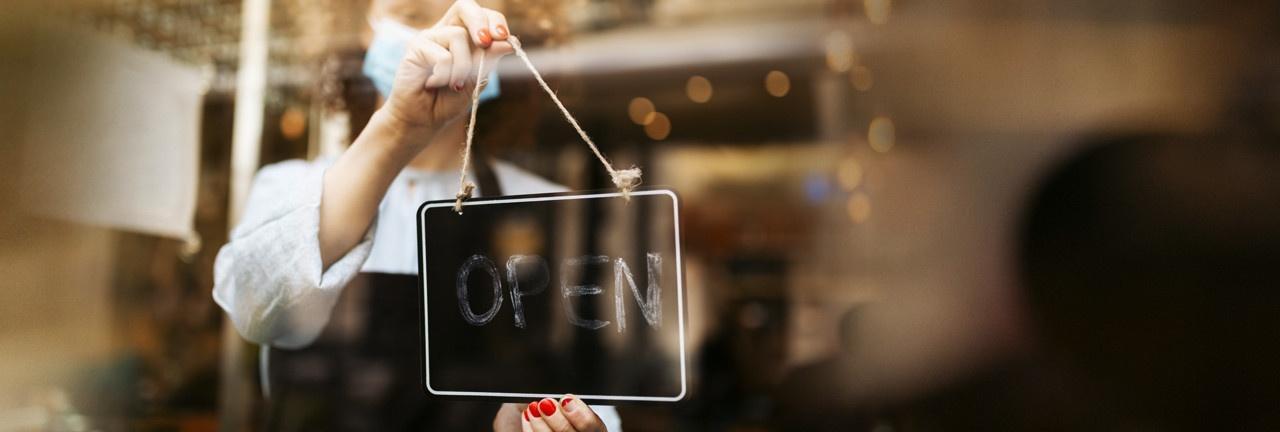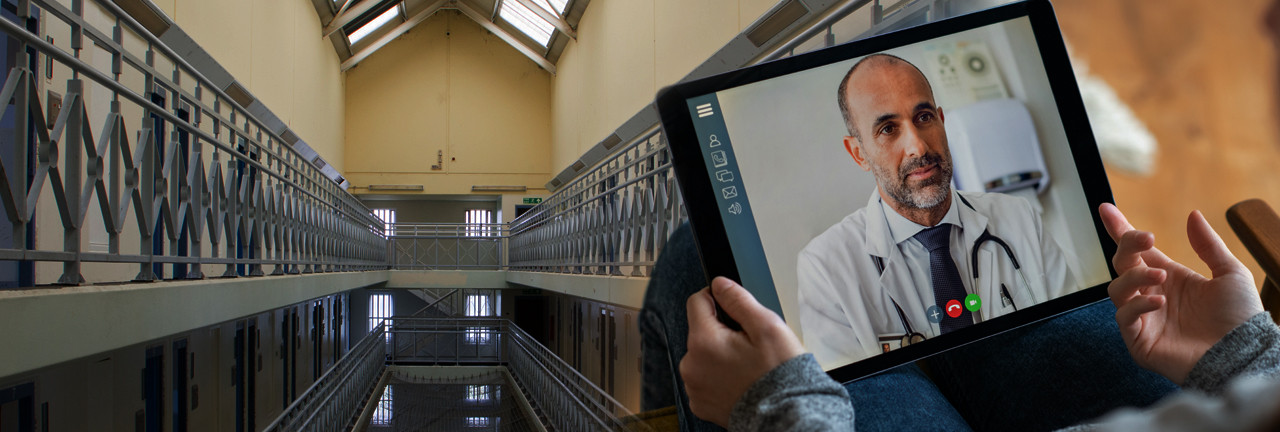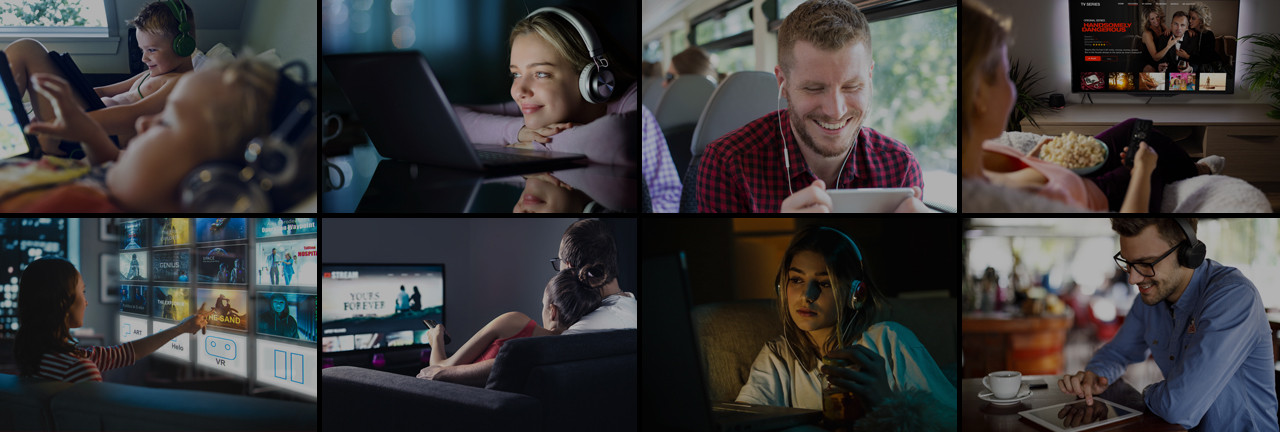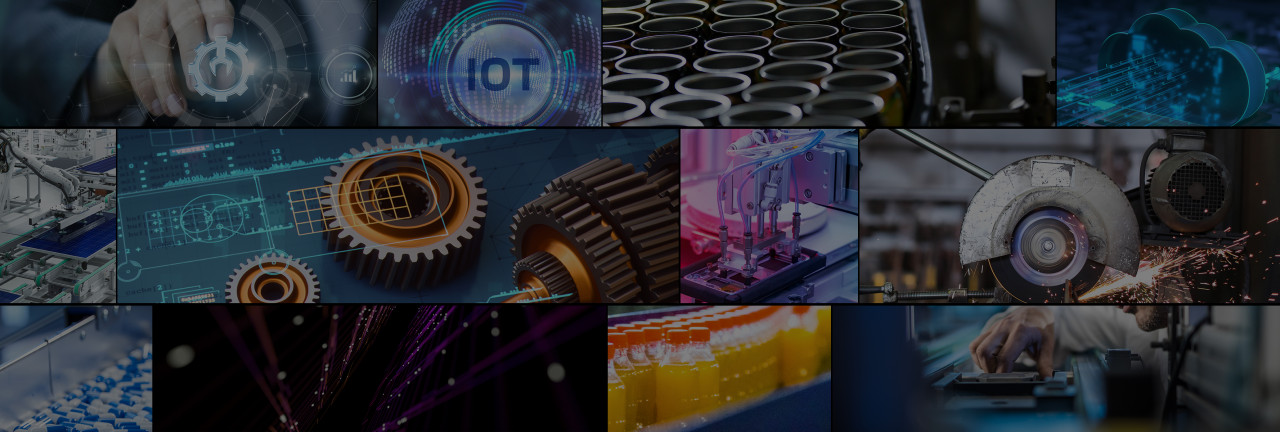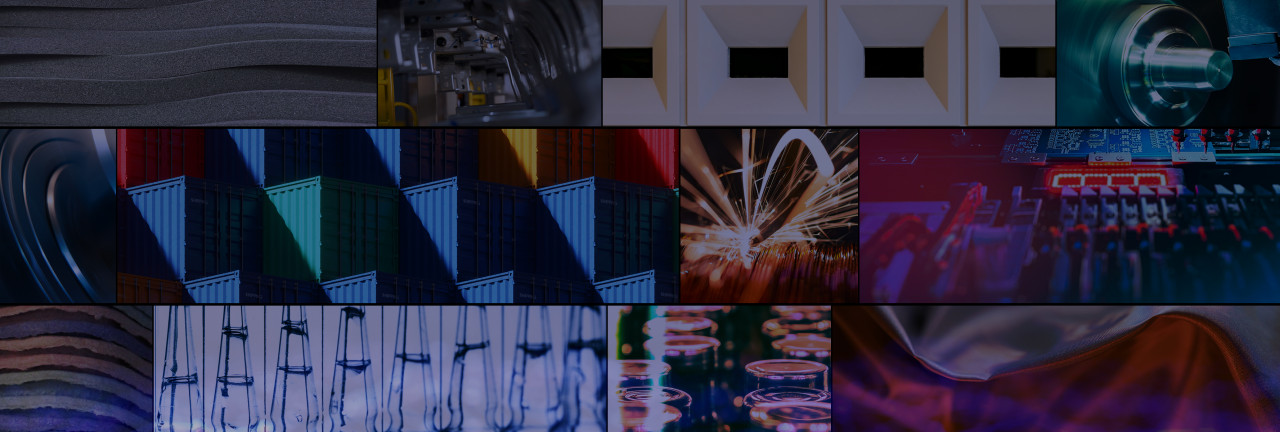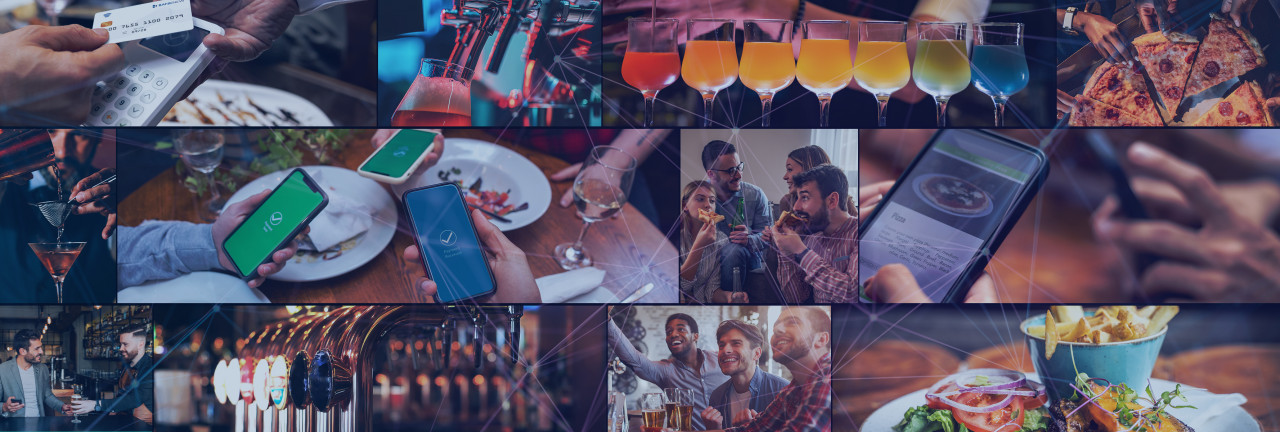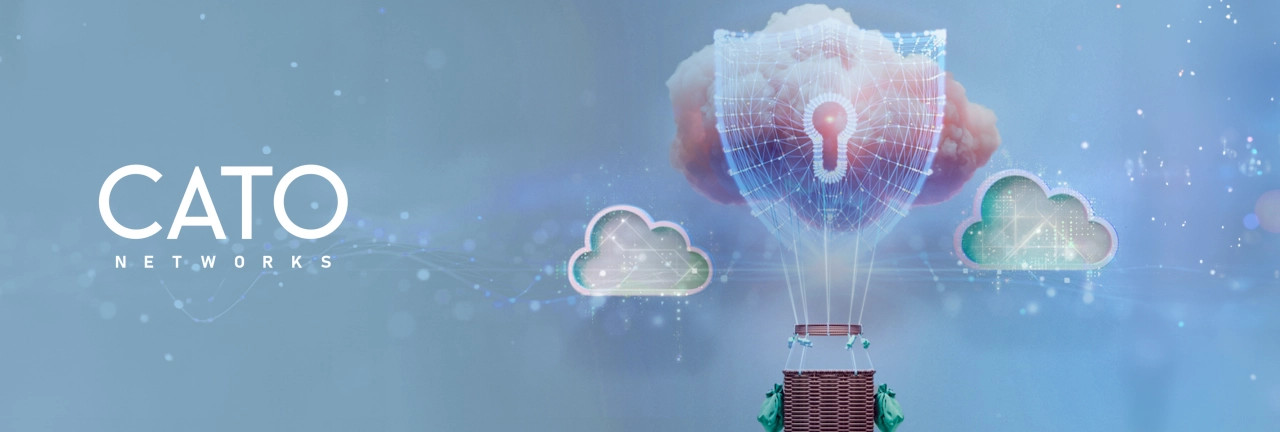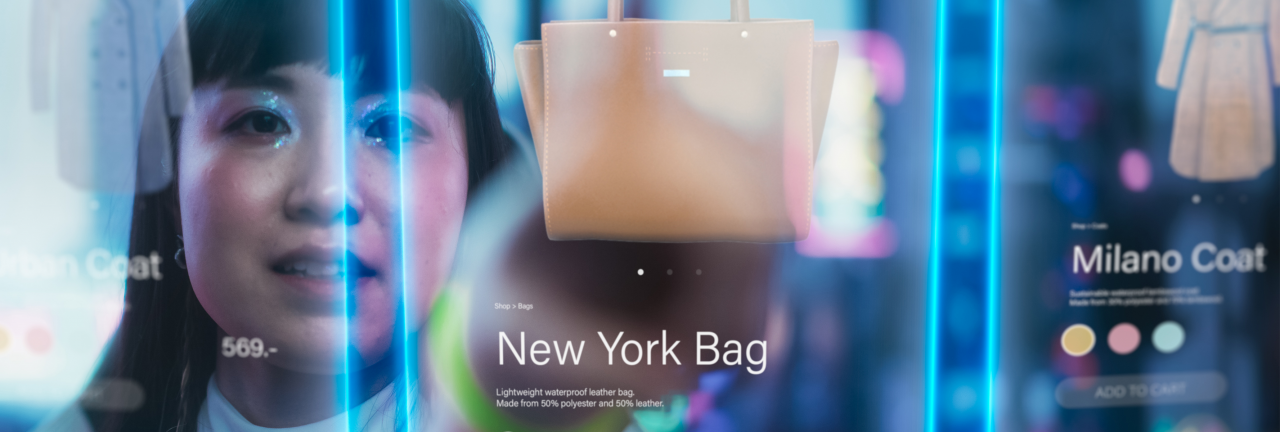The current global stay at home policy has fundamentally changed how we all work. Many around the world have become accustomed to the daily use of teleconferencing tools, instant messaging platforms and shared documents hosted in the Cloud.
The UK's housing industry must contend with a number of singular challenges, as they ensure they remain efficient, scalable and profitable, while still keep the wellbeing of their tenants at the centre of everything.
The past year has challenged the UK's education sector in ways that would previously have been inconceivable, with children learning from home the majority of the time since March.
With the flexible office model slowly but surely supplanting the traditional working environments in favour of dynamic co-working spaces for a number of years now, we have seen many organisations reconsider the way they think about commercial real estate.
In July of 2019, Exponential-e hosted a roundtable at The Ritz London, bringing together 18 top UK architects to discuss topical issues across the sector and sharing views on the matters at hand. One of the topics raised was the newly launched Architects Declare manifesto and its 11-point plan for tackling climate change and biodiversity loss. From 16 founding signatories, word spread like wildfie and within weeks, hundreds of practices - large and small - signed up, signalling that our architects were ready commit to operating in a greener, more sustainable manner.
"Not-for-profit organisations have provided a trusted and valued source of independent advice for people throughout England for many years. They are a vital part of our national support infrastructure and somewhere to turn to in times of crisis."
Nick Hurd, MP
The healthcare sector generates higher volumes of patient data on a daily basis than ever before - all of which conceals a rich vein of opportunities to optimise efficiency and enhance patient care. The demand for more efficient diagnosis and more effective management of data has naturally led to the rise of digital pathology and - in turn - the Picture Archiving and Communication Systems (PACS) that underpin these initiatives.
With lockdown restrictions finally easing, and the public looking forward to enjoying the different activities they have been deprived of for the past two years, it's certainly an exciting time for the UK's Hospitality & Leisure sector. But as hotels get ready to open their doors again, it is essential that hospitality professionals do not lose sight of the challenges that will be involved.
After several years of serious global upheaval, it is clear that resilience, agility, and the ability to adapt to the unexpected are critical priorities for all organisations – regardless of size or sector. However, this accelerated pace of change has, in many cases, revealed the limitations of existing IT services. With an increasing emphasis on on-demand services and a highly fluid workforce, legacy services and their systems often struggle to support new propositions and customers' evolving needs, which will – in turn – make maintaining a competitive advantage difficult, if not near impossible.
We're all trying to do more with less, whether that's making our monthly shop go further and reducing our utilities consumption at home or doing more with our organisations' available budgets and resources in our professional lives. But while getting the most out of the resources we have available is certainly admirable and sensible, our most precious resource – one that we cannot replenish once it's been used – is all-too-frequently neglected: our time.
The past few years have been challenging for the global Manufacturing sector, with both Brexit and COVID-19 creating a wide range of operational disruptions whose impact is still being felt. Indeed, as recently as January 2023, we saw UK manufacturing shrinking for the sixth consecutive month1.
Manufacturing workflows are evolving at an unprecedented rate, and the trend shows no signs of slowing down. The increasing effectiveness and affordability of 'smart' technologies and the Internet of Things means IT and OT are increasingly interconnected, with increasing volumes of data flowing between sites and devices on an ongoing basis.
Like many fixtures of our lives, Britain's pubs were heavily impacted by COVID-19, with their familiar patrons unable to come in for a post-work drink, or meet with friends at the weekend. But while it was undoubtedly a difficult period for the industry as a whole, this great British institution did as it has always done, and adapted to suit its patrons' evolving requirements.
Secure Access Service Edge (SASE) is rapidly establishing itself as the solution of choice for the next generation of enterprise networks, where optimal control, visibility, and scalability are essential. In the first quarter of 2024 alone, the SASE market experienced a 23% surge, as more and more organisations began taking advantage of its capabilities.
What a time to work in the Legal sector! There's so many new technologies to think about; perhaps too many. There's cloud, there's automation, there's AI/Machine Learning, there's agile working, there's digital transformation… any more buzzwords you care to think of?

